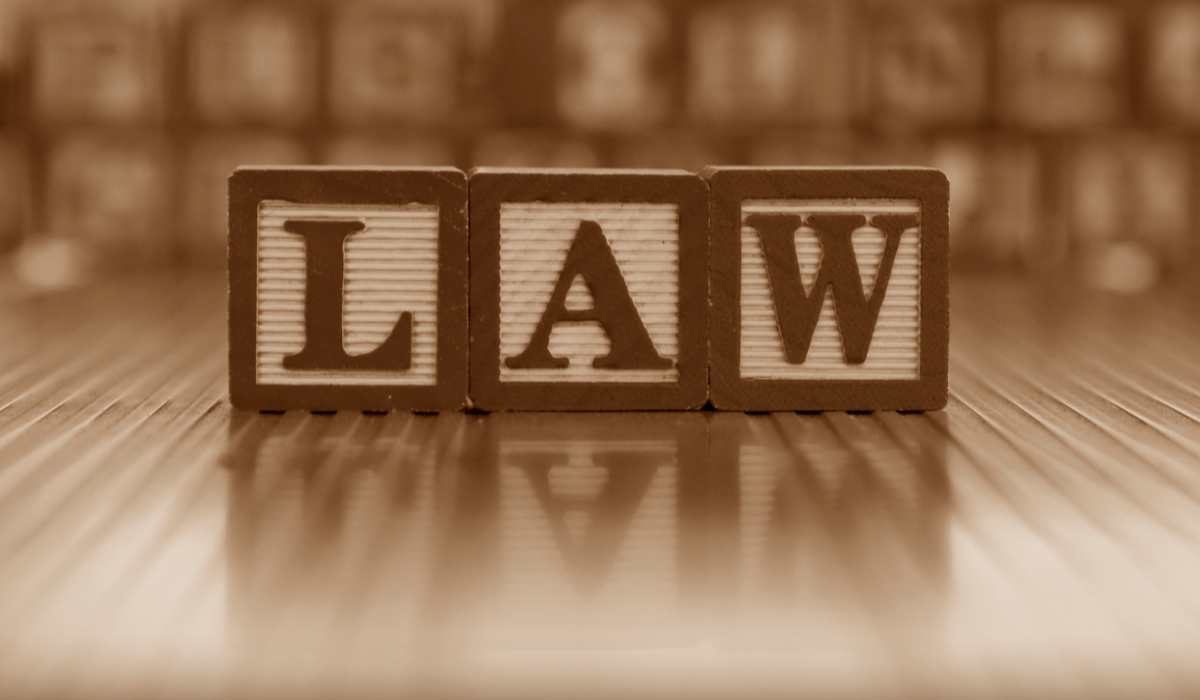Visit Transition to Adulthood for more resources on the transition process.
As defined in IDEA: “transition services” means a coordinated set of activities for a child with a disability that”
- is designed to be within a results-oriented process, that is focused on improving the academic and functional achievement of the child with a disability to facilitate the child’s movement from school to post-school activities, including post-secondary education, vocational education, integrated employment (including supported employment), continuing and adult education, adult services, independent living, or community participation;
- is based on the individual child’s needs, taking into account the child’s strengths, preferences, and interests; and
- includes instruction, related services, community experiences, the development of employment and other post-school adult living objectives, and, when appropriate, acquisition of daily living skills and functional vocational evaluation.
Students in special education are entitled to prevocational, vocational and transition planning and services.
Starting at age 16, the school should offer assessment and services to help your child prepare for life after school, including work and other community activities. The school must include transition goals and services in a student’s IEP.
At age 17, the school must notify the student of his or her right to make educational decisions upon reaching 18.
- More at: Disability Rights Michigan Students with Disabilities: An Advocate’s Guide Transition Chapter.
Transition services means a coordinated set of activities for a student eligible for special education that is designed to be within a results-oriented process, that is focused on improving the academic and functional achievement of the student to facilitate his or her movement from school to post –school activities, including post-secondary education vocational education, integrated employment, supported employment, continuing and adult education, adult services, independent living, or community participation. Transition is based on the individual student’s needs, taking into account the students strengths preferences and interests and includes-
- (A) Instruction
- (B) Related services
- (C) Community experiences
- (D) The development of employment and other post-school adult living objectives and
- (E) if appropriated, acquisition of daily living skills and provision of a functional vocation evaluation.
More resources:


